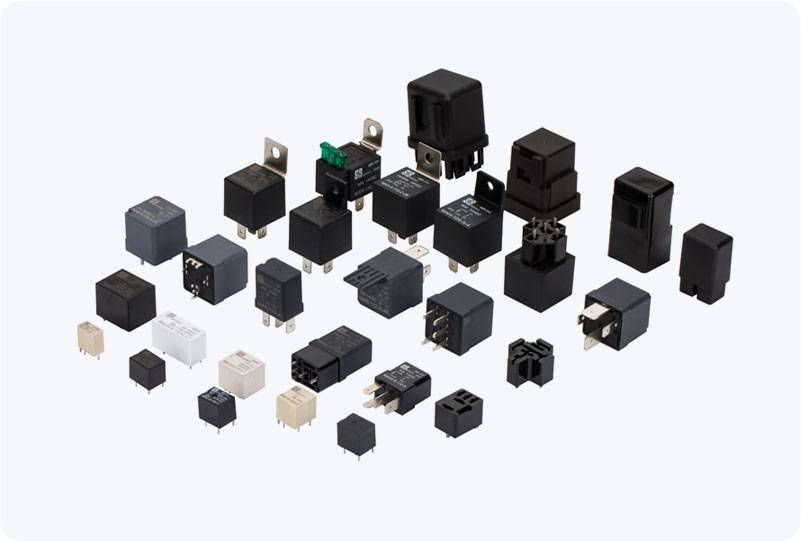understanding ground fault relay: a key safety device for electrical systems
Release time:2025-07-23 07:49:39
A Ground Fault Relay (GFR) is an essential component in modern electrical systems, designed to protect both equipment and individuals from the dangers associated with ground faults. Ground faults occur when a live conductor comes into contact with the earth or any grounded part of an electrical system. This can cause hazardous conditions such as electrical fires, equipment damage, or even electrical shock to personnel. To mitigate these risks, ground fault relays are used to detect these faults and trigger appropriate protection measures to prevent further harm. This article provides an in-depth look at Ground Fault Relays, their working principles, applications, and types.

What is a Ground Fault Relay?
A Ground Fault Relay is a protection device that monitors the flow of electrical current within a system and detects any abnormality caused by ground faults. When an electrical fault causes a current to flow to the ground, it can lead to dangerous situations, including system failures and potential electrical hazards. The GFR detects these fault conditions by continuously measuring the electrical parameters of the system, such as current or voltage. When the device detects a ground fault, it activates an alarm or trips the circuit breaker, thereby disconnecting the faulty section of the circuit to prevent further damage.

